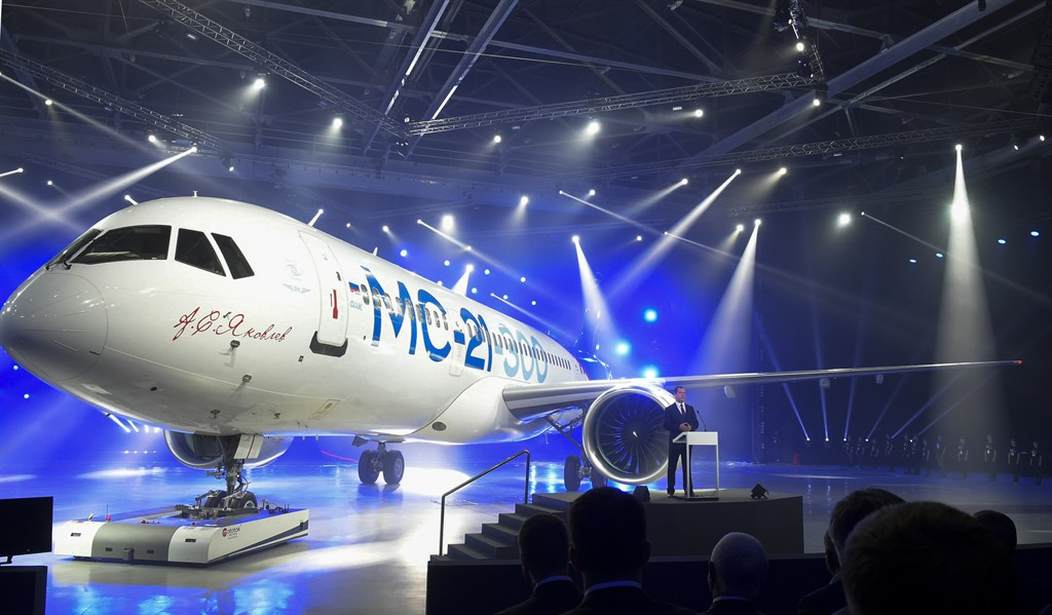“It’s the way business is done.”
How many times have we heard our public officials make such a statement when questioned about public subsidies for private entities?
“Everybody does it,” they add. “It’s how we remain competitive.”
But command economists touting “competition” with other people’s money -- taxpayers’ -- all too often ends badly. For taxpayers and for the marketplace.
The latest example of turning taxpayers into venture capitalists comes at Pittsburgh International Airport. And, “If history is any guide, these subsidies will likely end up being another misuse of taxpayer money,” say Frank Gamrat and Jake Haulk, scholars at the Allegheny Institute for Public Policy (in Policy Brief Vol. 16, No. 53).
The Allegheny County Airport Authority recently announced two deals to secure international flights from Iceland’s WOW Air and Germany’s Condor Airlines. But it wasn’t the traditional (or a market-sound) case of a business seeing a demand for its services, risking its own money to meet that demand and, in turn, hoping to make a profit.
No, the authority dangled money from a stick to entice each airline to begin service in 2017. WOW will be paid $800,000 over two years and Condor will be paid $500,000. The money comes from the Pennsylvania Department of Community and Economic Development. As per usual for new airlines entering the Pittsburgh market they will not have to pay landing fees for two years.
“However, just because airports are eager to boost their portfolio of destinations served” -- primarily as a marketing tool -- “does not mean taxpayer dollars should be used to do so,” Gamrat and Haulk say.
Recommended
Even if public subsidies are sufficient to entice carriers to begin service at Pittsburgh International, “ultimately it will be passenger demand that will keep them long term,” AI’s policy analysts remind. And the demand curve in Pittsburgh is not as robust as some would lead you to believe.
The average growth rate (over the first nine months of 2016) for airports comparable to Pittsburgh International was 4.9 percent. That’s more than double the Pittsburgh count, Gamrat and Haulk note. In fact, demand appears to be wobbling locally.
To wit, American Airlines recently announced the elimination of its Pittsburgh-to-Los Angeles flights, saying the route was “underperforming” and, thus, not profitable.
And Delta reduced weekly flights to Paris from seven to five in early September and halted its seasonal service to there a month early, at September’s close, because of weak demand. The route was launched in 2009 with a $9 million subsidy from the Allegheny Conference on Community Development and the state.
“Unless travelers pack the planes on their way to Iceland and Germany, the commitment of the airlines is unlikely to extend beyond the subsidy period,” Gamrat and Haulk say.
By the way, that is not an argument to bolster subsidies.
“In the long run, passenger demand will dictate the flights and destinations of the airlines,” Gamrat and Haulk say. “Dangling subsidies … as an incentive to bring them here is at best a risky exercise.”
Those handing out such subsidies often term them an “investment” to “prime the pump” for economic development. But if all such subsidies do is allow vacationers to travel at a lower-than-market rate, that’s hardly the proper role of government. And once the subsidies are gone, too often so are the airlines.
“It remains to be seen whether any related new jobs in the region or state ever produce the taxes needed to cover the subsidy, the think tank’s researchers caution.
And the bottom line remains that “until the Pittsburgh-area economy begins to make major strides in job and income growth and climb out of the recent doldrums, the number of passengers traveling through Pittsburgh International is unlikely to grow much,” Gamrat and Haulk say.
After all, economic growth creates the demand for ancillary services, not the other way around.

























Join the conversation as a VIP Member